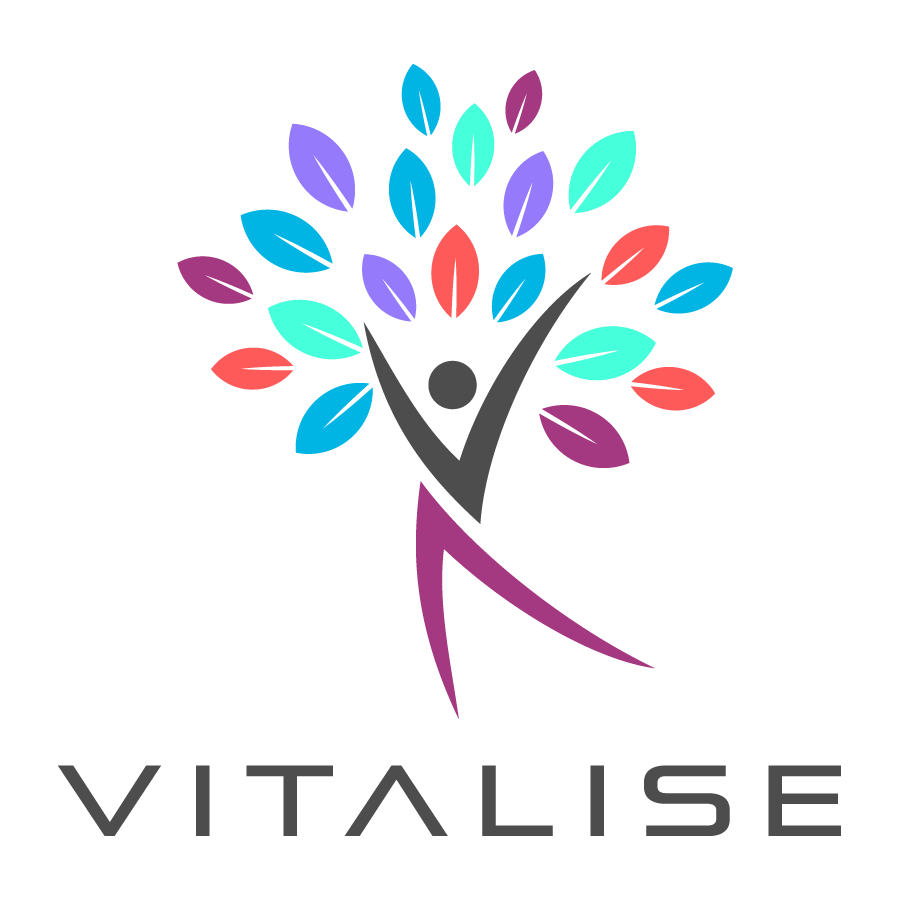Wiki source code of Capacity building
Version 3.1 by Evdokimos Konstantinidis on 2021/11/01 11:11
Show last authors
| author | version | line-number | content |
|---|---|---|---|
| 1 | **Description: **Training, knowledge sharing and awareness raising, site visits and event arrangement. Offering training for end-users and/or practitioners to improve their skills and knowledge about living lab approach, co-creation, iterative development and healthcare and wellbeing market. Stimulating knowledge sharing and awareness raising by publishing professional and scientific publications and arranging events, site visits and seminars. | ||
| 2 | |||
| 3 | **R&D service categories: **Networking and capacity building | ||
| 4 | |||
| 5 | **Key characteristics in living lab context:** | ||
| 6 | |||
| 7 | * The way of knowledge sharing and transfer depends on the project and on the purpose | ||
| 8 | * Use of short-term or long-term methods and courses | ||
| 9 | * Material can be both created for a purpose but also some available online | ||
| 10 | |||
| 11 | **Participants’ role:** | ||
| 12 | |||
| 13 | * Service beneficiaries become trainees | ||
| 14 | * Living Labs can offer support for the design and facilitation of capacity building programs | ||
| 15 | |||
| 16 | **Methods: **Co-creation methodology, focus groups, training sessions (tech & non-tech), ethical training & legal in large scale settings, seminars, presentations, workshops, webinars, forums, websites and web-engines, events, site visits, publications, summer schools, degree program, methodological training, how to use new product | ||
| 17 | |||
| 18 | |||
| 19 | **Approved by** the VITALISE H2020 living labs' consensus report on 30/09/2021 |
